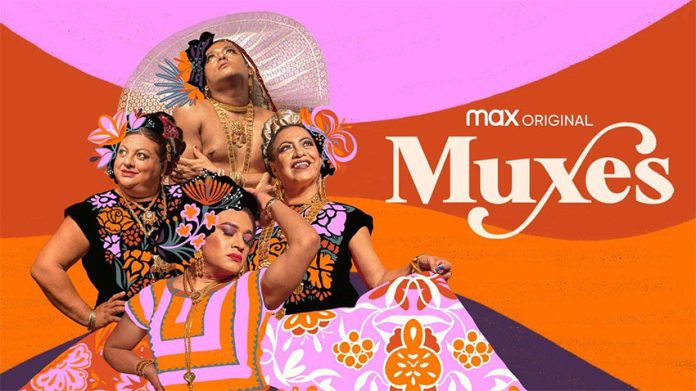“Muxes,” a new documentary about the muxe community in the Isthmus of Tehuantepec region of Oaxaca, began streaming Thursday on HBO Max.
Muxes are members of a community of people who are widely considered to be of a third gender. They are born male but usually dress and behave in a typically feminine way from a young age, and take on roles traditionally associated with women once they are adults.
Mexico’s largest muxe community is in the Isthmus of Tehuantepc region of Oaxaca, where most residents — including muxes (pronounced moo-shays) — have indigenous Zapotec blood.
The HBO feature-length documentary follows the lives of five muxes: a photographer, a poet, a teacher, a social worker and an activist. Over the course of the film, they reveal what it means to them to be a muxe, and speak of their desires, joys, sorrows and struggles.
“What is muxiedad [the quality of being a muxe] for muxes? For me it’s a way of life. I was born like this,” says one of the subjects.
“We live, we feel, blood runs through our veins, not stone,” says another. “I’m also a human and I have rights too,” comments one of the other muxes. “And I want to be recognized like everyone else.”
The film also features footage of La Vela — “a festival that emerged as a response to the rejection that the muxe community suffered in Juchitán,” according to one of the muxes. Juchitán, located almost 300 kilometers southeast of Oaxaca city, is the regional hub of the Isthmus.
Kristhal Aquino, the activist featured in the documentary, said her involvement was “exciting” and an experience in which she was “transported” to both her past and future.
“For me it’s an honor to be a spokesperson for my [muxe] colleagues in this project,” Aquino said, before advocating for an end to discrimination against muxes, including that which comes from within the families of members of Mexico’s “third gender.”
“Discrimination comes from home a lot of the time. If we don’t support our children from home, what can we expect of society?”
With reports from Sin Embargo
